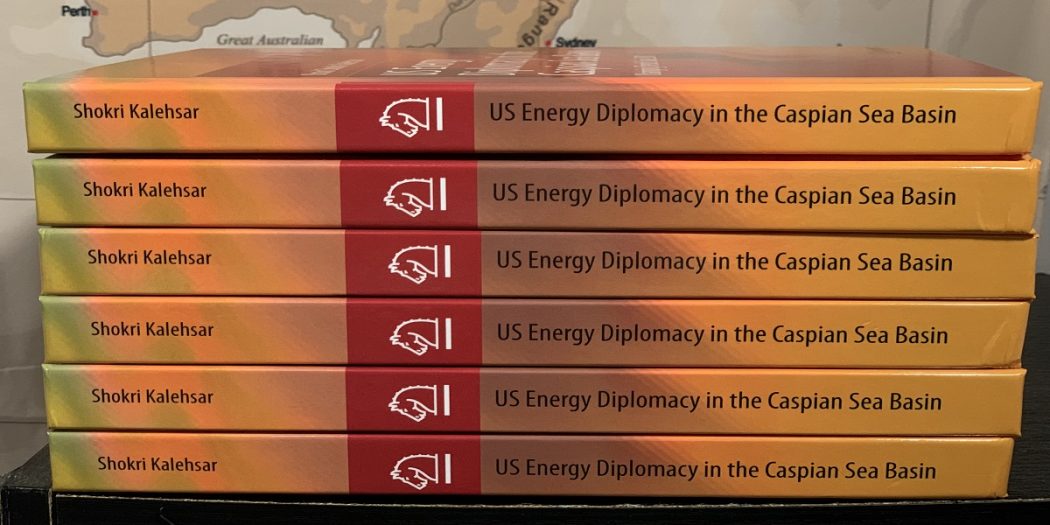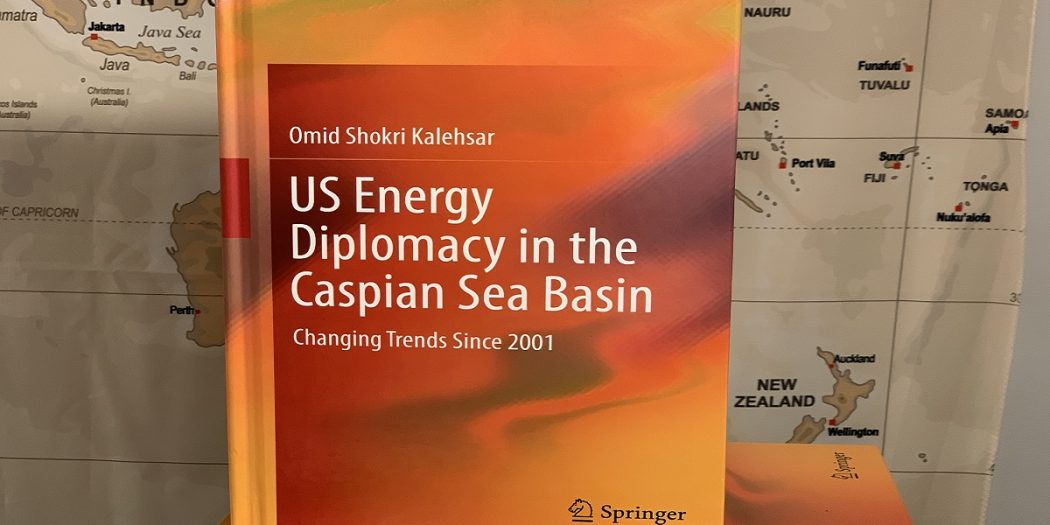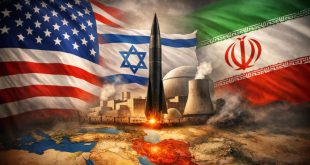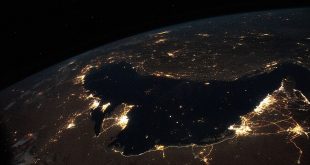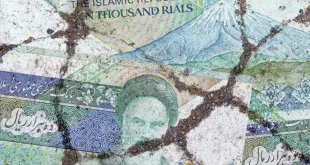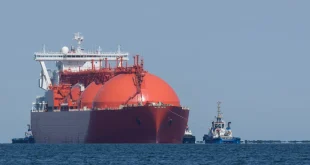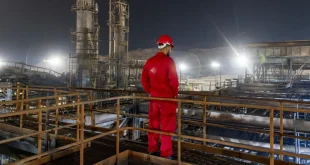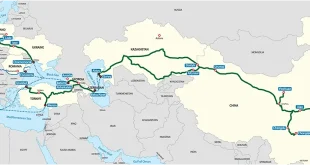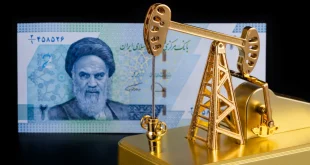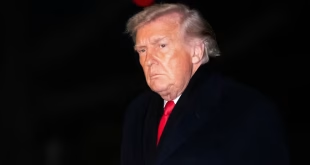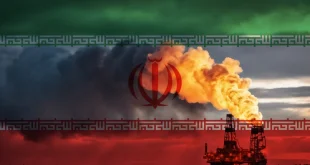In late February 2026, the United States and Israel launched a major military campaign against Iran in response to what both governments described as pending security threats, including concerns related to Tehran’s nuclear program and missile capabilities. The operation involved a series of coordinated airstrikes targeting Iranian military and strategic …
Read More »Recent Articles
Global Markets and the Strait of Hormuz: The Economic Shockwaves of the Iran War
A soft closure of the Strait of Hormuz can inflict much of the same damage as a declared blockade The February 28 US-Israeli strikes on Iran have turned a regional military confrontation into a global market shock. The conflict has begun to reprice energy, shipping, insurance, aviation, and financial risk. For global …
Read More »Is Iran Heading to State Failure?
The Regime May Still Hold the Center, but Holding the Center Is Not the Same as Maintaining State Capacity The February 28, 2026, U.S. and Israeli air strikes have not yet ended the Islamic Republic, but they have weakened the Iranian state’s ability to govern. State failure does not begin …
Read More »Will Qatar Maintain Its Liquefied Natural Gas Edge After an Iran War?
Doha Converted Gas Revenue Into Global Influence and Marketed Itself as the Supplier That Delivers Even During Turbulence Qatar reads Iran-U.S. tensions through the blunt logic of self-preservation. Doha worries less about “regional instability” than about losing the conditions that let it build an liquefied natural gas empire with limited regional contestation. …
Read More »Why Tehran’s business pitch to Trump won’t end nuclear deadlock
Reports in major outlets that Tehran has floated a “commercial bonanza” to the Trump administration should be understood less as an investment roadmap than as a survival strategy. As Donald Trump’s 10-to-15-day deadline for a “meaningful” deal with Iran enters its decisive phase, Iranian officials appear to be reframing diplomacy …
Read More »US expert: Today the fate of Eurasian trade runs through the Middle Corridor
February 25, 2026 at 01:32 PM At a time when global trade and transportation routes are undergoing sharp transformations, the growing role of the Middle Corridor is being widely discussed in international expert circles. This was stated in a comment to The Daily Baku by US-based energy strategist and researcher …
Read More »Venezuela’s Return to Oil Markets Enhances Israel’s Energy Security
Changes in One Producer’s Political and Economic Conditions Can Ripple Across Global Energy Markets On February 10, 2026, Bloomberg reported that traders shipped Venezuelan crude oil to Israel’s Bazan Group, the country’s largest refinery operator in Haifa. The cargo marks the first Venezuelan delivery to Israel since mid-2020, when Israel imported approximately …
Read More »As China’s Teapot Refiners Turn Toward Iranian Oil, Sanctions’ Effectiveness Suffers
Importers Benefit, but Transparency Suffers, and Price Gaps Widen with the Spread of Cheap Sanctioned Oil China’s independent refiners, known as “teapots,” increasingly are replacing Venezuelan crude with Iranian oil. This shift shows how sanctions pressure, commercial reality, and geopolitics now shape global oil flows more than formal rules. As U.S. enforcement …
Read More »Gunboat diplomacy: US seeks coercion without war on Iran
President Donald Trump’s response to Iran’s recent unrest appears to reflect a strategy of gunboat diplomacy: the use of military pressure, rhetorical escalation, and economic coercion to extract concessions without committing to war or formal regime change. Iran’s currency plunge in late December 2025 sparked nationwide protests that quickly escalated …
Read More »Iran’s Gas Wealth and the Limits of Export Capacity
The Gap Between Potential and Performance Does Not Stem from Sanctions Alone Iran sits atop one of the world’s largest proven natural gas reserves, estimated at roughly 1,200 trillion cubic feet, second only to Russia. On paper, this should make Iran a major energy exporter and a consequential player in regional gas …
Read More »
